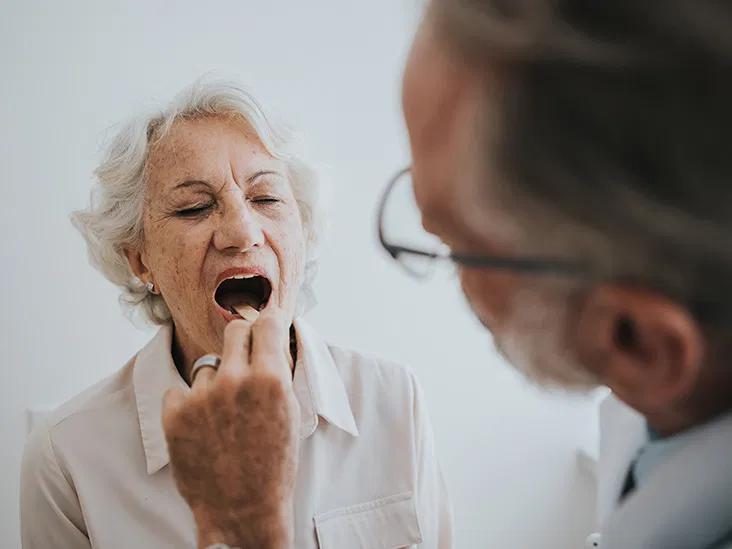Smoking cigarettes not only affects your lungs but also has a significant impact on your throat and airways. After smoking a cigarette, it is not uncommon to experience throat pain and irritation. This article will explore the reasons behind this discomfort and provide insights into how smoking can increase the risk of respiratory infections like strep throat.
The Link Between Smoking and Throat Pain
When you smoke, the chemicals present in tobacco weaken your immune system, making it less effective in fighting off infections. This suppression of immune activity increases the chances of developing strep throat, a common bacterial infection caused by group A streptococcus bacteria (Streptococcus pyogenes). Strep throat is responsible for up to 15% of acute sore throats in adults and 30% in children.
Regular exposure to smoke, either through active smoking or secondhand smoke, can weaken your immune system and irritate your respiratory tract. This irritation creates an environment in the throat that is conducive to infection. Smoke contains over 7,000 chemicals, with at least 250 of them known to be harmful. These substances can damage the epithelial barrier in your throat, reducing the intensity of your cough reflex, increasing mucus production, and impairing the function of cilia, the hair-like structures that catch pathogens and foreign particles in your upper respiratory tract.
Diminished cough intensity limits your body's ability to clear unwanted substances from your airways, while excessive mucus can trap bacteria and viruses in the throat. If cilia become paralyzed, particles and infectious agents can freely travel through your respiratory system.
Increased Risk of Infection
Sharing cigarettes is a common practice that can contribute to the spread of upper respiratory infections. A survey conducted in China found that more than half of the participants reported sharing a single cigarette within the last year. This behavior is often seen as a social gesture or a display of common etiquette.
Sharing cigarettes, vapes, or e-cigarettes can put you in direct contact with infected respiratory droplets if someone has strep throat or any other respiratory infection. This increases the likelihood of contracting the infection and experiencing throat pain and discomfort.
Reducing the Risk: Smoking Cessation
One of the most effective ways to reduce the risk of strep throat and other respiratory infections is to quit smoking. Smoking cessation not only decreases the chances of developing throat pain but also improves overall lung function, slows the progression of chronic lung conditions, and helps manage existing respiratory symptoms such as coughing and wheezing.
If you are ready to quit smoking, there are resources available to support you. You can contact the SAMHSA National Helpline at 1-800-662-4357 to speak with a representative confidentially and receive information about local resources. Additionally, smoking cessation experts can be reached by calling 1-800-QUIT-NOW (1-800-784-8669) or texting QUITNOW to 33388
- Is it normal for your throat to hurt after smoking cigarettes?
- How does smoking increase the chances of respiratory infections?
- Does quitting smoking reduce the risk of strep throat?
Yes, it is common for your throat to hurt after smoking cigarettes. Smoking weakens your immune system and irritates your respiratory tract, making you more susceptible to infections like strep throat.
Smoking weakens your immune system, damages the epithelial barrier in your throat, reduces cough reflex intensity, increases mucus production, and impairs cilia function. All these factors contribute to an increased risk of respiratory infections.
Yes, quitting smoking reduces the risk of strep throat and other respiratory infections. It also improves lung function and helps manage respiratory symptoms.
Smoking cigarettes can have detrimental effects on your throat and airways. Throat pain and irritation after smoking are common due to the weakening of the immune system and the creation of a pro-infectious environment in the throat. Quitting smoking is the best way to reduce the risk of strep throat and other respiratory infections, while also improving overall lung health. Seek support from available resources to begin your journey towards a smoke-free life.
If you want to know other articles similar to Smoking and throat pain: understanding the connection you can visit the Smoking category.


Related Articles